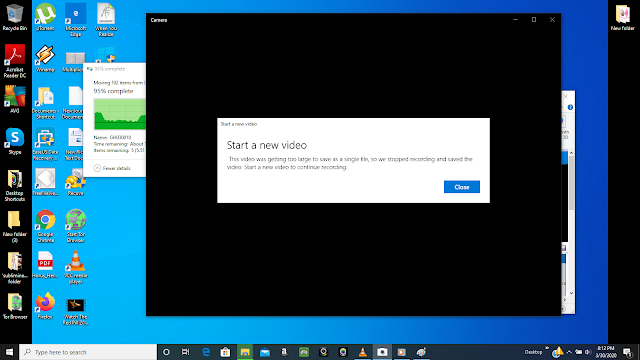
In those instances, try hand washing or pre-rising to get rid of as much dirt as possible before running them on normal. Just one note: Delicate fabrics and some high-tech workout clothes may not be able to handle the heat. It uses hot water, an extra-long cycle and high-speed tumbling to really give clothes a good scrub. A quick wash typically takes just 15 to 30 minutes and spins your clothes faster, which means less drying time after they’re done.Īlmost any stain remover will suggest you pre-soak your clothes before tossing them in with your regular wash, but did you know your machine can actually handle this step for you? Yup, rather than letting things soak in your kitchen sink for 20 minutes you can simply rub a stain remover into the fabric, toss it in the washer, pour your detergent in the tray (not directly into the basin) and hit this button.Ĭontrary to what you might think, this setting isn’t intended for heavy duty fabrics like towels or comforters, but for tackling dirt, grime and mud, instead. This is best for when you’re in a hurry or only need to wash a small or lightly soiled load (i.e., you completely forgot your favorite pair of jeans and blouse were dirty and you really want to wear them for your date tonight). It uses hot water and a strong tumbling speed to give clothes a deep clean and to remove dirt and grime. It’s best for all your basics, like T-shirts, jeans, underwear, socks, towels and sheets. This is likely the most often used/needed option on your machine. You can also find a permanent press setting on your dryer, which uses medium heat and a nice long cool down period to, again, keep those wrinkles at bay. The milder temperature is also ideal for keeping colors nice and bright, since hot water can cause fading. Warm water relaxes the existing creases while a slow spin helps keep new ones from forming as your clothes dry.

(Yup, yet another reason you should be checking that care label.) Your washer does this by using warm water and a slow spin cycle. Unsurprisingly, it works best with clothes that are labeled permanent press. if you're that paranoid about messing up the sweatshirt take it to the dry cleaners.The permanent press setting is intended to wash your clothes while causing minimal wrinkling. But now everybody says that no matter what is in the detergent.Īnd seriously. Anything that claimed to keep your "whites white" or your "brights bright" had OBAs. Originally, you could tell by the marketing jabber. The problem with OBAs is that they go by many names and aren't always listed as an ingredient. My sister tended to be pretty allergic to just about any detergent with any kind of additive (she's dead now, so it's no longer an issue). The OBA information comes from experience. I buy better brands that use better dyes so that I don't have to worry about bleeding/fading (a quality garment that's properly cared for can last quite a while with almost no fading). I don't really know if it helps or not, and it's not something that I actually do myself. If you (always) wash your whites separately with Tide, it's amazing how long they stay nice and white without looking dingy. Nor do you want to over-dry.Įdit: Tide, though, is FANTASTIC as a stain remover and on whites/brights. Heat from the dryer is what causes shrinking, so you don't want to use too much. The hotter the water, the more likely stains are to come out. Use the hottest water the fabric can withstand. Tide, Gain, Dreft, Ivory, Fab, Arm & Hammer, Wisk, Surf, and Purex I know use OBAs in most (if not all) of their detergents. Off the top of my head I can only think of Cheer and Woolite (all versions of both). There are very few detergents that don't contain optical brighteners. It gives clothing a "brigher" appearance. Instead, it is a clear "dye" that clings to the fabric and absorbs yellows while reflecting blues. OBAs don't actually cause your clothing to fade (as in removes dye from the fabric).

How does the Tide Mountfresh stack up? Tide is a bad choice, since they use OBAs (optical brightening agents) in their detergents.


 0 kommentar(er)
0 kommentar(er)
